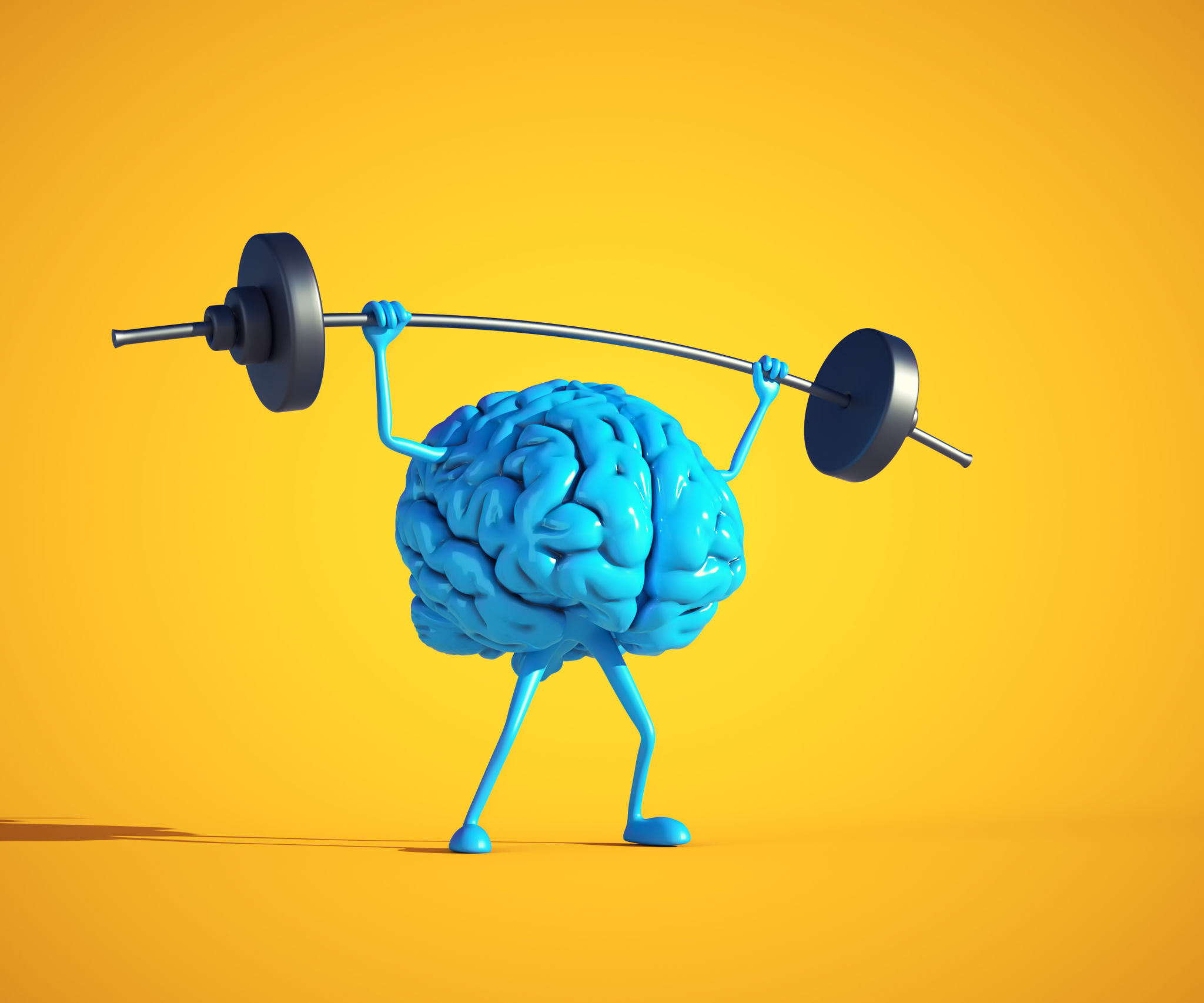Common Myths About Mental Health Counseling Debunked
Understanding the Reality of Mental Health Counseling
Mental health counseling is a critical service that aids individuals in navigating life's challenges and improving their well-being. However, a plethora of myths and misconceptions surround this field, often deterring people from seeking the help they need. It’s essential to debunk these myths to promote a healthier perspective on mental health.

Myth 1: Counseling Is Only for People with Severe Issues
One common misconception is that mental health counseling is only necessary for those with severe mental illnesses. In reality, counseling can benefit anyone experiencing stress, life transitions, or personal conflicts. It provides a safe space to explore feelings and develop coping strategies, regardless of the severity of the problem.
Many people seek counseling for everyday issues such as relationship challenges, career decisions, or grief. The goal is to equip individuals with tools to handle life's difficulties more effectively, promoting overall mental well-being.
Myth 2: Counseling Is a Sign of Weakness
Another prevalent myth is that seeking counseling indicates weakness or an inability to handle one’s problems. On the contrary, recognizing the need for help and taking steps to address mental health concerns is a sign of strength and self-awareness.

Engaging in counseling demonstrates a proactive approach to managing mental health, fostering resilience and personal growth. It is important to view mental health support as an integral part of maintaining one's overall health.
Myth 3: Counselors Will Tell You What to Do
Many people believe that counselors dictate solutions or provide direct advice. In truth, counselors act as guides who facilitate personal insight and growth. They help individuals explore their thoughts and emotions, encouraging them to arrive at their own conclusions and solutions.
Counseling is a collaborative process where clients play an active role in identifying their goals and developing strategies to achieve them. This empowers individuals to make informed decisions and take control of their mental well-being.

Myth 4: Counseling Is Too Expensive
Cost is often cited as a barrier to accessing counseling services. While some therapy options can be expensive, there are numerous affordable alternatives available. Many communities offer sliding-scale fees based on income, and various online platforms provide accessible options for those seeking help.
Additionally, many insurance plans now cover mental health services, making counseling more accessible than ever before. It's crucial to explore these options and find the right fit for your needs and budget.
Embracing the Truth About Counseling
Debunking these myths is vital in changing perceptions about mental health counseling. By understanding the true nature of this valuable service, more individuals can feel empowered to seek the support they need without stigma or hesitation.
Mental health counseling is not just for times of crisis but is a resource for anyone looking to improve their quality of life. Embracing this reality can lead to healthier, more fulfilled lives for countless individuals.
